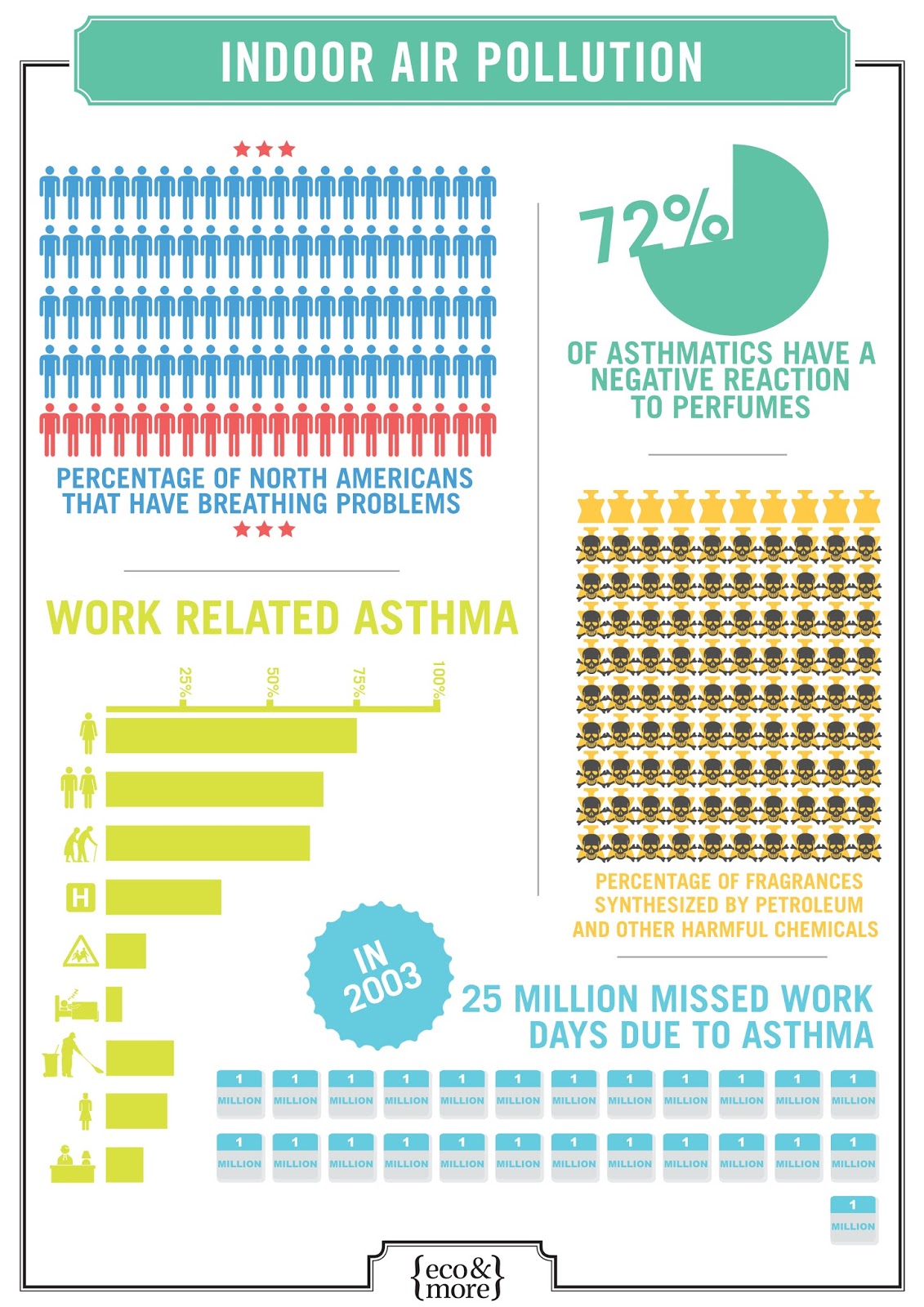Making The Most Of Comfort And Savings - Tips For Optimizing Your Heatpump Performance
Making The Most Of Comfort And Savings - Tips For Optimizing Your Heatpump Performance
Blog Article
Authored By-Bendixen McDonough
Whether you have a heatpump or have an existing boiler back up, there are a couple of points that can be done to maximize your system for efficient operation. By complying with these tips, you can make best use of comfort and savings without straining your system or acquiring energy bills.
Readjusting your thermostat for performance is among the very first steps. Making use of zoning capacities to restrict heating of vacant areas is one more efficient approach.
1. Establish Your Thermostat to the Right Temperature level
As the seasons change, stabilizing comfort and expense performance can be a challenge. Thankfully, a few straightforward suggestions can assist you lessen power consumption and optimize savings.
Begin by establishing the most effective temperature for your family, after that set your thermostat appropriately. Prevent making big jumps up and down in the temperature level setup, as this will trigger your heatpump to cycle on and off extra regularly, using up a lot more power.
Rather, slowly lower the temperature level during the night for a more comfy resting setting. After electrical heating options christchurch , raise it slightly in the early morning. Bear in mind to maintain air vents open and guided downward when home heating, and up when cooling to enhance circulation.
2. Check Your Unit On A Regular Basis
A heatpump system calls for minimal upkeep, but it is necessary to inspect the system on a regular basis to capture any issues before they end up being extreme. Tidy indoor filters on a routine established by the maker or when they're visibly unclean, and ensure exterior devices have at the very least 2 feet of clearance to allow for air flow.
Inspecting the device will certainly likewise include cleaning, tightening electrical terminals, and running efficiency examinations to ensure accuracy during home heating and cooling down settings. It's recommended to have a specialist service the heatpump two times a year. Performing these routine services can make the most of energy financial savings and extend the life of the device.
3. Clear Snow and Ice Around the Device
Heatpump are created to operate outdoors and require to be without snow and ice in order to circulate air. If your heatpump is obstructed by snow and can't attract air, it will certainly toggle between heating & cooling and might overwork.
It is essential to remove a two-foot clearance around your outside system in order to boost airflow and avoid ice accumulation. Heatpump generally enter a defrost mode in the winter season to thaw ice and snow but this procedure can be problematic if your system is obstructed by excessive snow. This will minimize your power performance and bring about costly repair work expenses in the future.
4. Examine the Refrigerant Degrees
A heatpump uses refrigerant to cool your home in summer season and cozy it in winter. You can help optimize its efficiency by routinely examining the cooling agent levels.
It takes a lot more power to change the temperature of your heatpump from a comfortable readying to a cooler one than it does to keep that temperature level. Altering the temperature level for short periods of time can also squander energy.
Dripping ducts and unclean air filters can bring about irregular temperature levels. They can also make your heatpump less reliable and cost more to operate. A professional can find and repair these issues to enhance your heat pump's efficiency.
5. Enhance Your Zoning Capabilities
Utilizing the zoning capacities of a heatpump can aid to minimize power waste by heating up only occupied spaces. This not just lowers energy consumption yet also minimizes operating expense and extends the life of the system.
The Build Well balanced Zones tool makes use of a genetic algorithm to build areas that satisfy needed zone structure requirements. These requirements consist of equal area, density, and equal number of features.
In addition, by utilizing clever thermostat technology to maximize the temperature level setups based upon tenancy patterns and scheduling, you can better enhance your heatpump's effectiveness. Maintaining a tidy air filter, making sure appropriate insulation and having your ductwork examined for performance can all contribute to improved energy cost savings also.
6. Shading the Outdoor Unit
House owners often ask whether it's worthwhile to plant color trees near their outdoor a/c (AC) unit. replacement heat pump is typically of course, as shielding the air conditioning device can help reduce warmth from the sunlight, which in turn aids it cool down extra successfully.
However, it is essential to note that shielding the a/c unit doesn't always reduce power usage. As described in https://window-shine28271.digitollblog.com/29124683/are-heat-pumps-one-of-the-most-efficient-a-c-option-for-your-home-a-relative-analysis of the FSEC report, the temperature of the bordering air has a bigger impact on cooling down efficiency than does the volume of air drew in by the air conditioning system.
If your air conditioning compressor is on the south side of your house, consider growing tall, deciduous trees with broad, vast covers. These can offer ample color within one year.